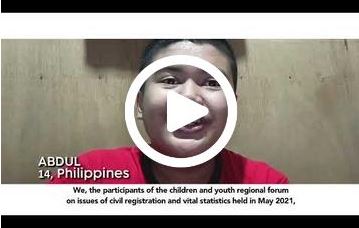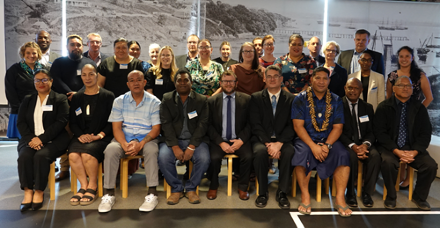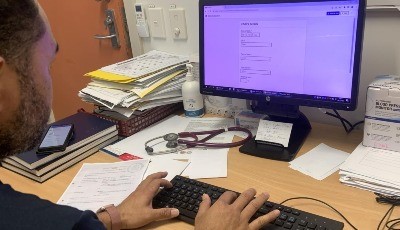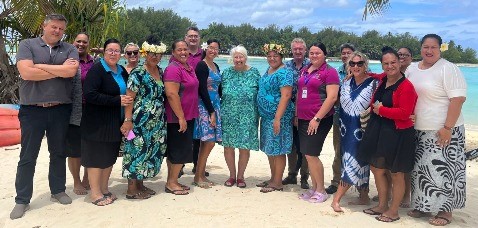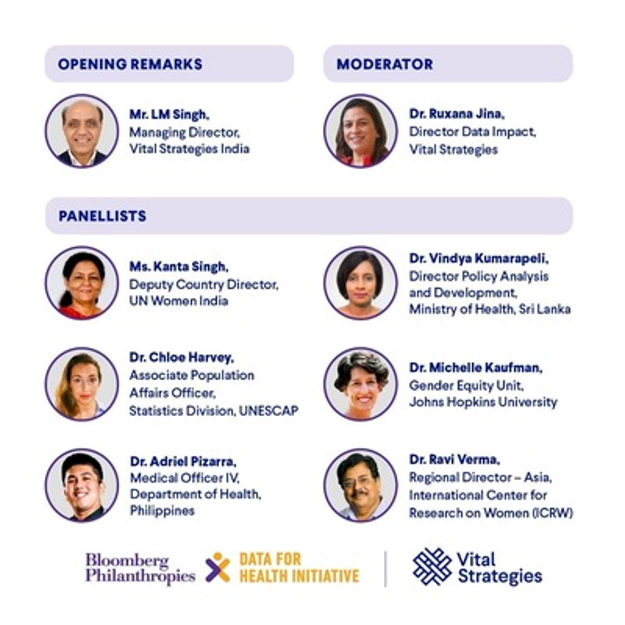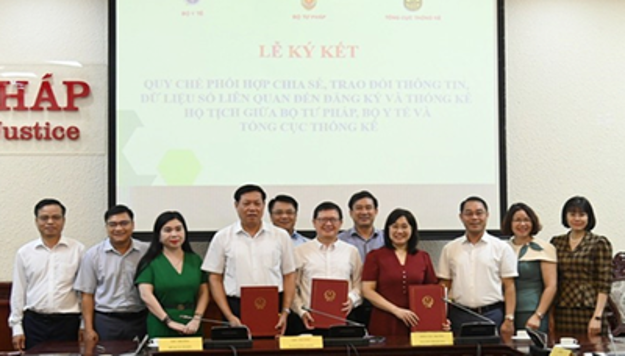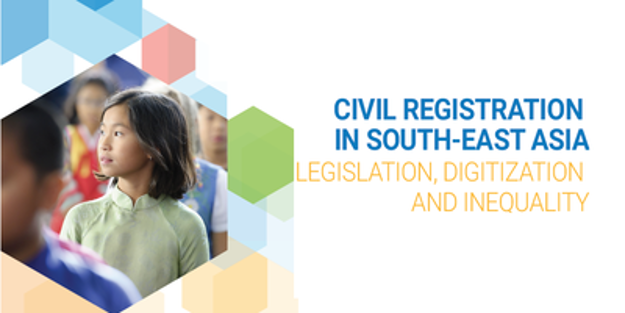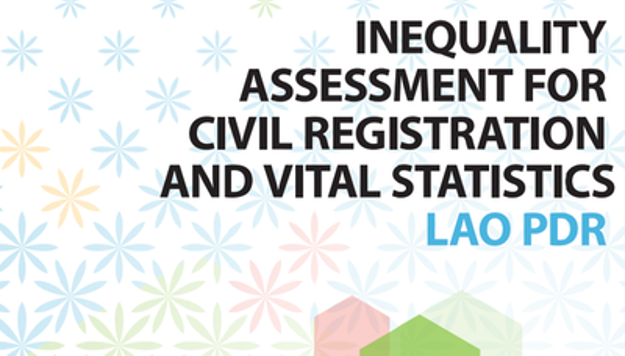(Newsletter: CRVS Insight February 2022)
At the Second Ministerial Conference on CRVS in Asia and the Pacific, delegates and participants witnessed the joint statements of children and youth on CRVS.
To amplify the voices and experiences of young people on CRVS and to promote children and youth's meaningful participation in decision making process related to CRVS, ESCAP, World Vision International and Child Rights Coalition Asia (CRC Asia) conducted consultations with children and young people on CRVS in Asia and the Pacific in 2021. This statement is an inspiration for everyone and a reminder of the importance of CRVS.
In addition to the statement, a report was produced outlining the consultation process and key findings. For more information, please consult the website www.countusinthepicture.org.


